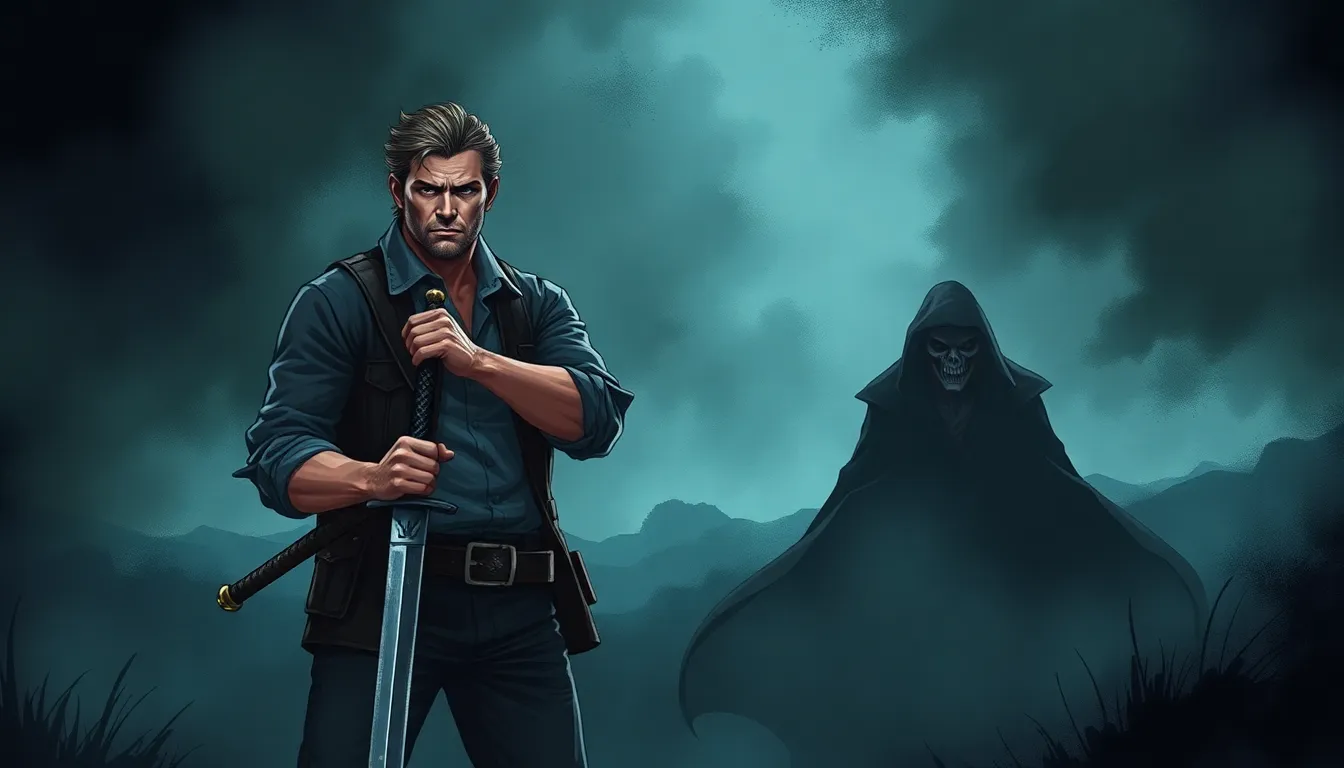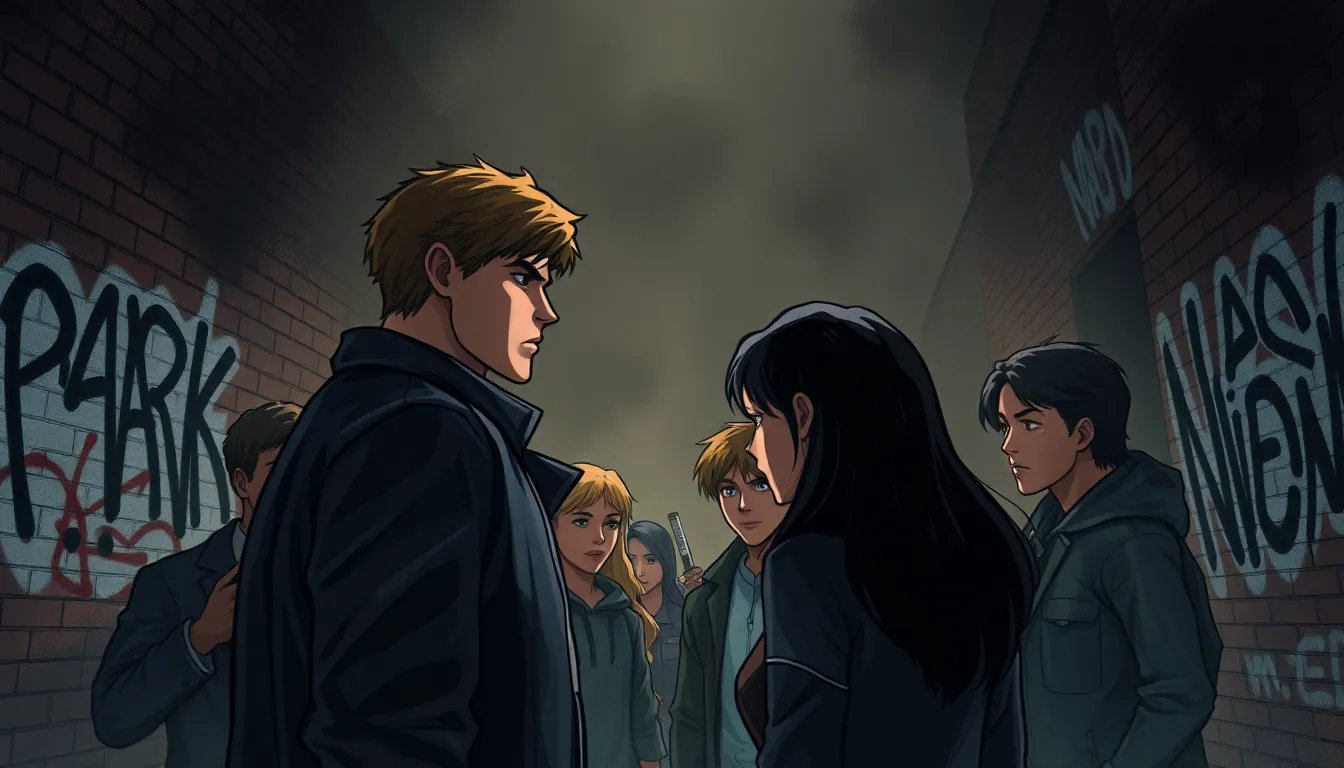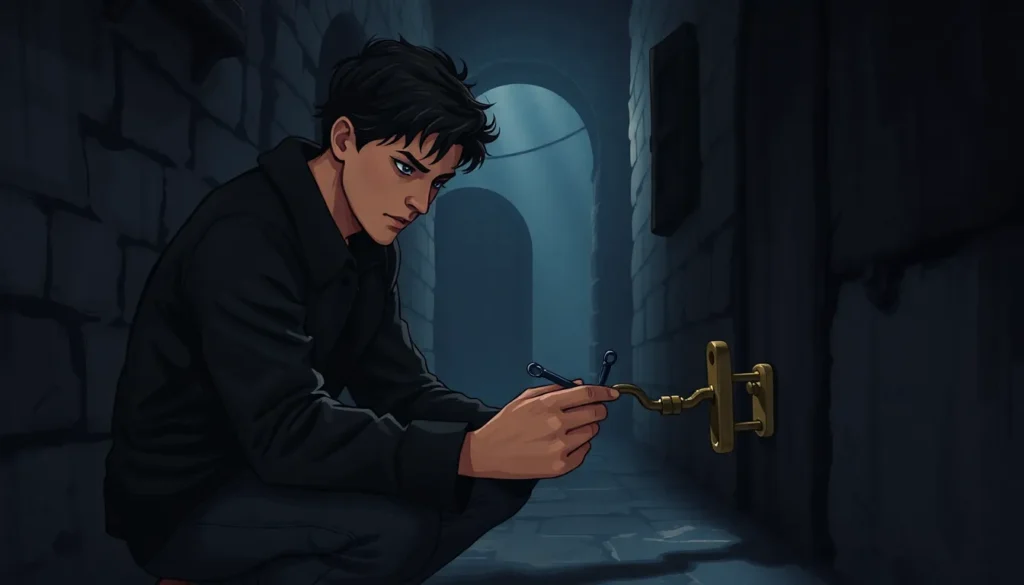Table of Contents
ToggleIn a world where loyalty is as rare as a unicorn sighting, “Oblivion: A Brotherhood Betrayed” dives deep into the murky waters of trust and treachery. Picture this: a band of brothers, united by a common cause, suddenly finds themselves tangled in a web of deceit. It’s like a reality show but with fewer roses and more daggers.
Overview of Oblivion: A Brotherhood Betrayed
“Oblivion: A Brotherhood Betrayed” delves into the complexities of human emotions in the face of betrayal. The narrative unfolds within a group defined by brotherhood, showcasing the strong bonds that connect them. When trust is shattered, the group’s dynamics shift dramatically, leading to intense confrontation and emotional turmoil.
Characters navigate through intricate relationships marked by loyalty and deceit. Each individual faces choices that test their commitment to the brotherhood. As tension mounts, motivations become clearer, revealing hidden agendas that complicate their connections.
The storyline captures pivotal moments that illustrate the descent into chaos. Conflicts arise when values clash, forcing characters to confront their past decisions. The atmosphere transforms from camaraderie to suspicion, emphasizing the fragility of trust.
Situations escalate as secrets emerge, creating rifts within the group. Allies become adversaries as hidden truths come to light. This unraveling leads to shocking consequences that challenge their perceptions of loyalty.
Fans of drama find themselves drawn to the psychological depth of the narrative. The portrayal of betrayal resonates deeply, inviting reflection on the nature of friendship and allegiance. Readers can expect an engaging exploration of the emotional stakes involved in maintaining relationships in times of strife.
Overall, this work combines thrilling twists with a profound examination of trust, making it a compelling read for those invested in character-driven stories.
Main Characters

The characters in “Oblivion: A Brotherhood Betrayed” are intricately woven into a tale of loyalty, trust, and betrayal. Each plays a vital role in the unfolding drama that tests their bonds.
The Protagonist
The protagonist embodies loyalty and strength, serving as the emotional core of the story. This character grapples with the complexities of friendship and faces gut-wrenching choices that define their journey. As betrayal surfaces, the protagonist’s commitment to the brotherhood faces serious challenges. This individual’s actions drive the narrative forward, showcasing resilience amid turmoil. Personal stakes rise, compelling the protagonist to confront hidden truths and navigate a landscape filled with danger and emotional conflict.
Key Antagonists
Key antagonists emerge as pivotal figures who disrupt the harmony within the group. These characters embody deceit and manipulation, creating a web of tension that escalates throughout the narrative. Motivations, often rooted in past grievances, reveal deeper conflicts among the brothers. Tensions escalate when personal ambitions clash with the group’s ideals. Each antagonist brings complexity, transforming former allies into opponents. Their actions challenge the protagonist’s resolve, intensifying the emotional landscape and highlighting the fragility of trust within the brotherhood.
Plot Summary
“Oblivion: A Brotherhood Betrayed” intricately explores the dynamics of loyalty and betrayal within a united group. The narrative unfolds through significant events that heighten tensions and reveal hidden agendas.
Major Events
A sudden revelation shatters the group’s trust, igniting a series of confrontations. Characters confront their pasts, experiencing emotional upheaval as loyalties shift. Betrayals emerge from unexpected sources, turning friends into foes. The protagonist’s decisions become critical, influencing the group’s fate. Escalating conflicts lead to pivotal moments, where characters grapple with their commitment to one another. Altercations highlight the fragility of their bonds and serve as catalysts for deeper introspection.
Important Themes
Loyalty serves as a cornerstone, underpinning the characters’ connections. Betrayal emerges as a powerful force, unraveling relationships and exposing vulnerabilities. The narrative delves into trust, illustrating its complexities and fragility. Choices made under pressure illustrate moral dilemmas, challenging the characters’ relationships. Manipulation by key antagonists amplifies the themes of deceit and self-interest, prompting questions about the nature of friendship. Overall, the work invites reflection on the consequences of betrayal and the struggle for redemption.
Gameplay Mechanics
Gameplay mechanics in “Oblivion: A Brotherhood Betrayed” enhance engagement and emotional investment. Players experience intricate dynamics that shape interactions and decisions.
Unique Features
Unique features amplify the gaming experience through innovative mechanics. Players encounter a branching narrative that shifts based on choices, creating multiple possible endings. Additionally, the real-time decision-making system adds urgency to player interactions. Consequences of actions lead to deep emotional responses, making every choice impactful. The game also incorporates a reputation system, where actions influence characters’ perceptions and relationships. These elements combine to create a rich tapestry of gameplay that keeps players immersed.
Character Customization
Character customization plays a crucial role in shaping gameplay. Players can tailor their avatars in appearance, skills, and abilities. A wide range of options ensures that each character feels unique and personalized. Individual choices impact gameplay style, allowing different approaches to challenges. Customization extends to moral decisions, where players determine their character’s alliances and loyalty levels. This system deepens the connection between players and their avatars, profoundly influencing the narrative experience.
Impact on the Gaming Community
“Oblivion: A Brotherhood Betrayed” significantly influences the gaming community through its storytelling and innovative gameplay mechanics. Players engage deeply with themes of loyalty and betrayal, resonating with those who appreciate character-driven narratives. Emotional investment grows as characters confront harsh realities and interpersonal conflicts, drawing in audiences eager for rich storytelling.
Incorporating a branching narrative fosters diverse player experiences. Choices shape the protagonist’s journey, leading to various endings based on previous decisions. This aspect encourages multiple playthroughs, allowing fans to explore different outcomes and relationships within the game.
Real-time decision-making heightens the stakes, compelling players to act quickly. Every choice affects character dynamics, creating an atmosphere of urgency. Additionally, a reputation system shapes group interactions, influencing player alliances and trust levels, which enhances the overall engagement.
Character customization enriches player experience by allowing personalization in skills and abilities. Varying avatars amplify emotional connections, impacting how players navigate moral dilemmas and loyalty. This feature not only encourages creativity but also reflects players’ choices in significant moments throughout the game.
Community discussions often revolve around the game’s moral complexities. Players analyze character motivations and consider the implications of betrayal, generating rich dialogue within forums and social media. This exchange creates a vibrant community invested in exploring the game’s deeper meanings.
Overall, “Oblivion: A Brotherhood Betrayed” stands as a significant addition to gaming, encouraging players to ponder friendship and trust. Its blend of narrative depth and interactive mechanics sets a new standard, leaving a lasting impression on players and the broader gaming landscape.
“Oblivion: A Brotherhood Betrayed” masterfully intertwines themes of loyalty and betrayal within a gripping narrative. The emotional turmoil faced by characters as they navigate shifting allegiances highlights the fragility of trust in human relationships. Each decision made under pressure not only impacts the story but also mirrors real-life dilemmas, prompting players to reflect on their own values.
The innovative gameplay mechanics, including branching narratives and real-time decisions, elevate the experience, allowing players to immerse themselves fully in the unfolding drama. As discussions within the gaming community continue to explore the moral complexities presented in the game, it becomes clear that this title leaves a lasting impact on players, encouraging deep reflection on the nature of friendship and loyalty.




